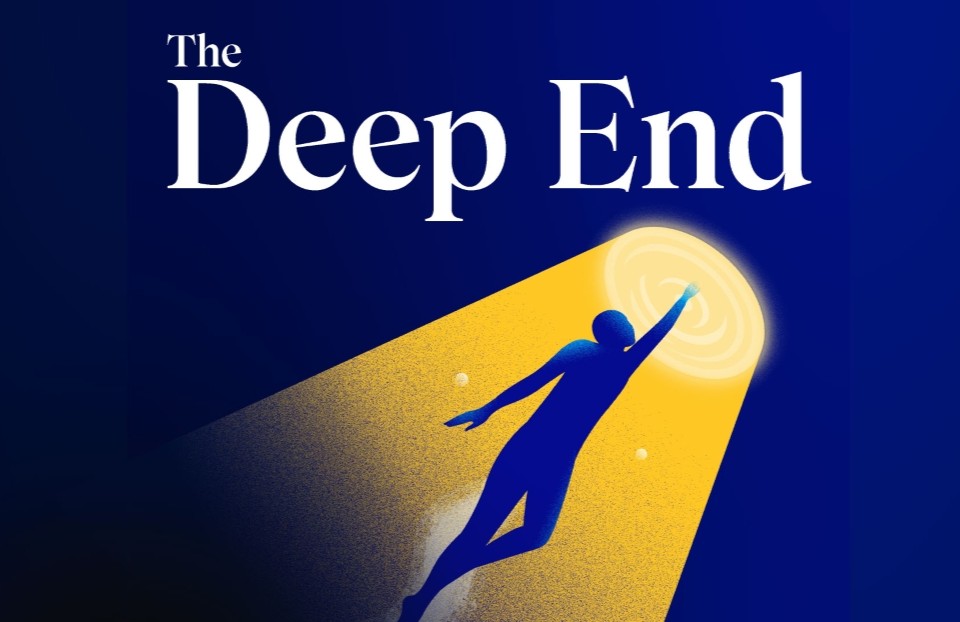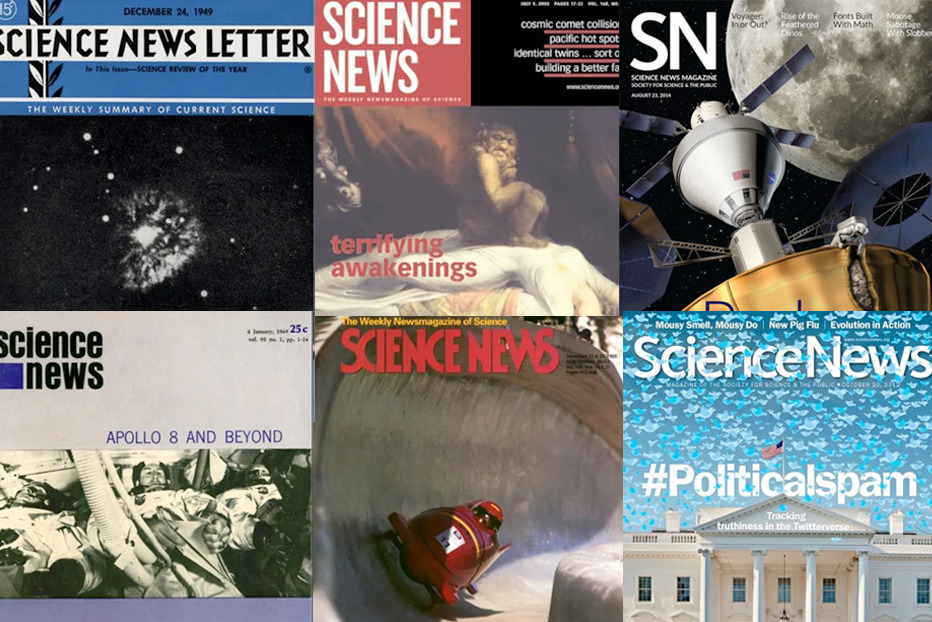Science News reporting has a defining moment
You probably look up words several times a day, whether on your smartphone, computer, or maybe even a print dictionary. It can also help to see real-world examples of how words are used in sentences.
The Merriam-Webster dictionary uses Science News reporting as examples for many of its definitions.
Tina Hesman Saey, a molecular biology writer for Science News, said having one of her explanations of a term used as an example in the dictionary was “an unexpected honor.”
“I never even knew such a thing was possible, but once it happened I was as thrilled as if I had won a prize,” Tina said. “Particularly thrilling was the use of my sentence describing epigenetics.”
Having Science News cited as sentences and examples in the dictionary establishes the magazine as an authoritative source of information.
“It’s important to cite examples of how people might encounter and use these terms in the real world,” Tina said. “It gives people more context for a word’s meaning, and context is what Science News is all about.”
Other words Tina has helped define through her articles include:
Tina said having her Science News stories used in the dictionary also helps her win debates with her husband. “He said that the plural of octopus is octopi. I told him that the plural of octopus is octopuses,” she said. “He argued that everyone says octopi, but I said, ‘Are you really going to argue with someone who is in the dictionary?’ I won. (Merriam-Webster does say octopi is an acceptable alternative, but don’t tell him that).”
Look out for other examples of Science News writers’ work helping to define words in the dictionary.


